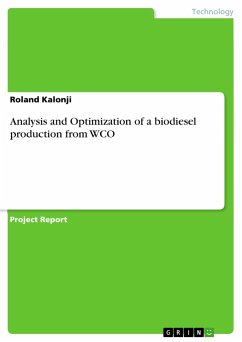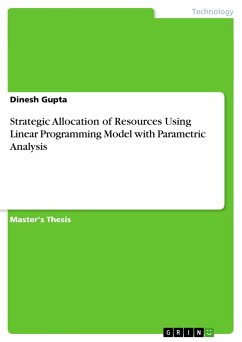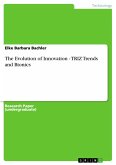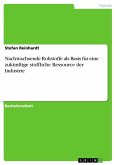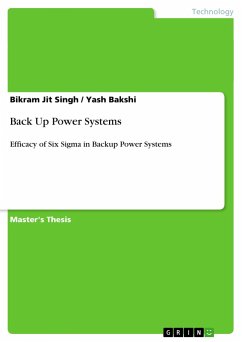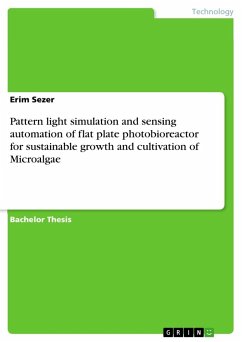Project Report from the year 2017 in the subject Engineering - Industrial Engineering and Management, , language: English, abstract: The conventional approach of biodiesel production is transesterification, using oil and alcohol in the presence of a catalyst with glycerol as a by-product of the reaction. Product quality is dependent on the type and amount of catalyst, type of oil feedstock, alcohol-to-oil ratio, etc. In terms of the best process, currently the alkali catalyzed process is the most profitable while the enzymatic based one is even more promising due to the lower consumption of energy and water; however it requires that the enzyme cost is reduced.The reason that biodiesel is not utilized widely around the world is due to the high cost of raw materials. To overcome this, one can use lower quality oils, such as Waste Cooking Oil (WCO). A lot of research has been carried out on the production of biodiesel from fresh vegetable and animal oil sources but the use of Waste Cooking Oil, such as palm oil, etc. has not been well documented. Then the aim of this current project is to analyze and optimize the conditions for biodiesel production from Waste Cooking Oil, by investigating interaction effects among process variables (temperature, oil-to-methanol molar ratio and catalyst loading) using SPC and other tools. Thus this project focuses on making biodiesel processes better and more efficient.
Hinweis: Dieser Artikel kann nur an eine deutsche Lieferadresse ausgeliefert werden.
Hinweis: Dieser Artikel kann nur an eine deutsche Lieferadresse ausgeliefert werden.

